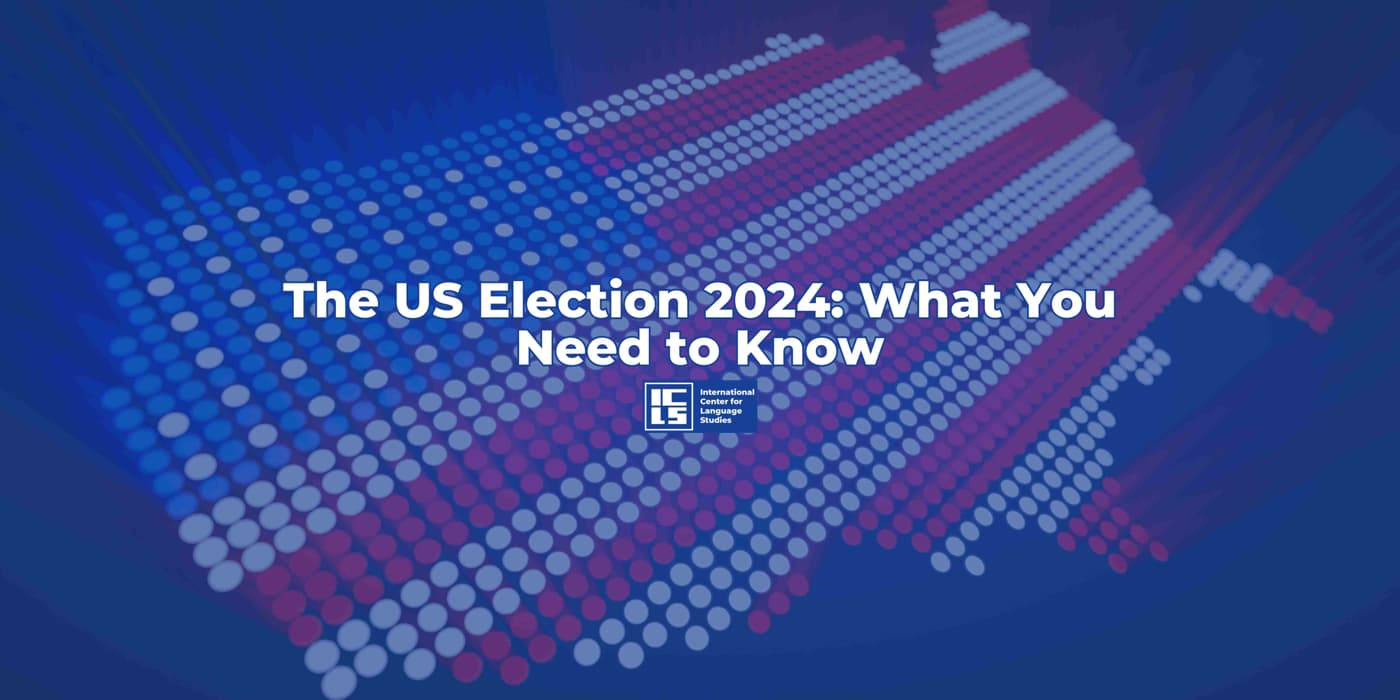The US Election 2024: What You Need to Know

The U.S. is gearing up for one of the most anticipated and discussed events of the decade – the 2024 American elections. With deep-rooted ideologies, history of contentious debates, and diverse voter demographics, the U.S. elections are often challenging to predict. For those interested in understanding American culture, politics, and language, this election serves as a fascinating case study. Let's dive into what makes the 2024 election unique and why terms like "red states," "blue states," and notable figures like Donald Trump and Kamala Harris are crucial for comprehension.
The Language of U.S. Elections: Red States vs. Blue States
The terms "red states" and "blue states" represent a major part of American electoral language. Red states generally refer to states that traditionally support the Republican Party, while blue states are more likely to back the Democratic Party. Understanding these designations provides insight into the geographical and cultural divides that influence U.S. elections.
In the 2024 elections, states classified as "swing states" or "battleground states" will receive significant attention. These states, like Florida, Pennsylvania, and Michigan, have populations that fluctuate in political preference, which can lead to a close vote in the final election count. Following the nuances of these states is key to understanding the broader electoral dynamics.
Key Figures in the 2024 Elections: Trump and Harris
On the Republican side, former President Donald Trump is once again a dominant figure. Known for his polarizing style and "America First" policies, Trump is a household name worldwide. Many Americans view Trump as a voice for conservative values, while others are concerned about his divisive rhetoric. Regardless of political preference, his presence in the 2024 race undeniably shapes both domestic and international perceptions of American politics.
Representing the Democrats is Kamala Harris, the first female, Black, and South Asian Vice President of the United States. Harris stands as a symbol of change and inclusion for many, and her stance on issues such as climate change, social justice, and immigration resonates with the Democratic base. Harris’s experience and policy positions play a critical role in shaping the Democratic message for 2024.
The Core Issues of 2024: From Economy to Social Justice
As with any election, certain issues become the focal points for voters. In 2024, key issues likely to influence the election include:
- Economy and Inflation: With global markets and economies in flux, American voters are concerned about inflation, job security, and the cost of living. The candidates’ plans to address economic uncertainty will be crucial to many voters.
- Healthcare: Access to affordable healthcare continues to be a significant concern for Americans. The approaches Republicans and Democrats take to address these issues remain a central part of their campaigns.
- Climate Change: For younger and more progressive voters, climate policy is a determining factor. Democrats typically advocate for stronger environmental protections, while Republicans often support a balance between industry interests and environmental policies.
- Immigration: With the U.S. as a major destination for immigrants, immigration policy affects millions of lives. Both parties have distinct views on border control, refugee policies, and pathways to citizenship.
- Education: From student loans to educational equity, the approach each party takes towards education policy affects the U.S.'s future generations and workforce.
Why Learning the Language of U.S. Elections Matters
For anyone studying English or American culture, learning election terminology, party platforms, and key candidates goes beyond headlines — it’s about understanding the American mindset. U.S. elections expose students to real-life English, improving comprehension of nuanced political language and cultural awareness.
The 2024 elections are more than an American event; they influence global conversations on democracy, policy, and governance. Following them is an ideal way for English learners to build language skills, grasp cultural values, and engage with the world.
Whether you’re interested in politics or simply learning for English idioms, the American elections provide a dynamic, real-world learning opportunity. Stay informed and boost your language skills with English classes in Washington DC as this chapter in history unfolds.
P.S. You might be interested in our recent Presidential debate slang blog post.


